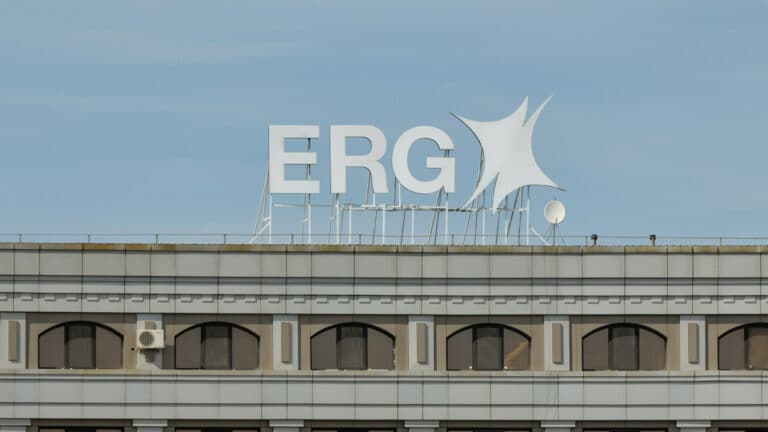
On Thursday, September 5, quotes on late-stage pharmaceutical company Citius Oncology added more than 8%. The company announced that its only approved drug so far, LYMPHIR, made to treat lymphoma, had been added to clinical practice guidelines in oncology, which makes it easier for doctors to prescribe and for insurers to cover the drug.
Details
On Thursday, Citius Oncology stock jumped 8.35% to almost $1.90 per share on the Nasdaq exchange, down about 44% versus its first day of trading on August 13. Recall that Citius Oncology recently went public following a merger with the SPAC TenX Keane Acquisition. The Thursday gains were extended in premarket trading today, Friday, September 6. Note that the one analyst covering the company has a target price of $6 per share, indicating upside of more than 200%.
The gains have come on the heels of an announcement that the company’s lymphoma drug LYMPHIR had been included in the National Comprehensive Cancer Network (NCCN) Clinical Practice Guidelines. “NCCN guidelines are widely regarded as the gold standard for clinical decision-making in oncology and hematology, influencing treatment practices and payor reimbursement in the U.S.,” said Leonard Mazur, CEO and co-owner of the drugmaker. In other words, it has become easier for doctors to prescribe LYMPHIR and for insurance companies to cover the treatment.
Context
LYMPHIR was approved by the U.S. Food and Drug Administration (FDA) in August. It was developed by Citius Pharmaceuticals. Around the same time, the company announced the spinoff of Citius Oncology and its separate listing through a merger with TenX. The new company will also handle the commercialization of LYMPHIR. Meanwhile, Citius Pharma holds a stake of about 90% in Citius Oncology. The parent’s stock fell about 2% to $0.54 per share on Thursday, while since August 5, when Citius Pharma announced the oncology spinoff, it is down almost 42%. The remaining drugs in the company’s portfolio are in various phases of development, with none having secured FDA approval.













